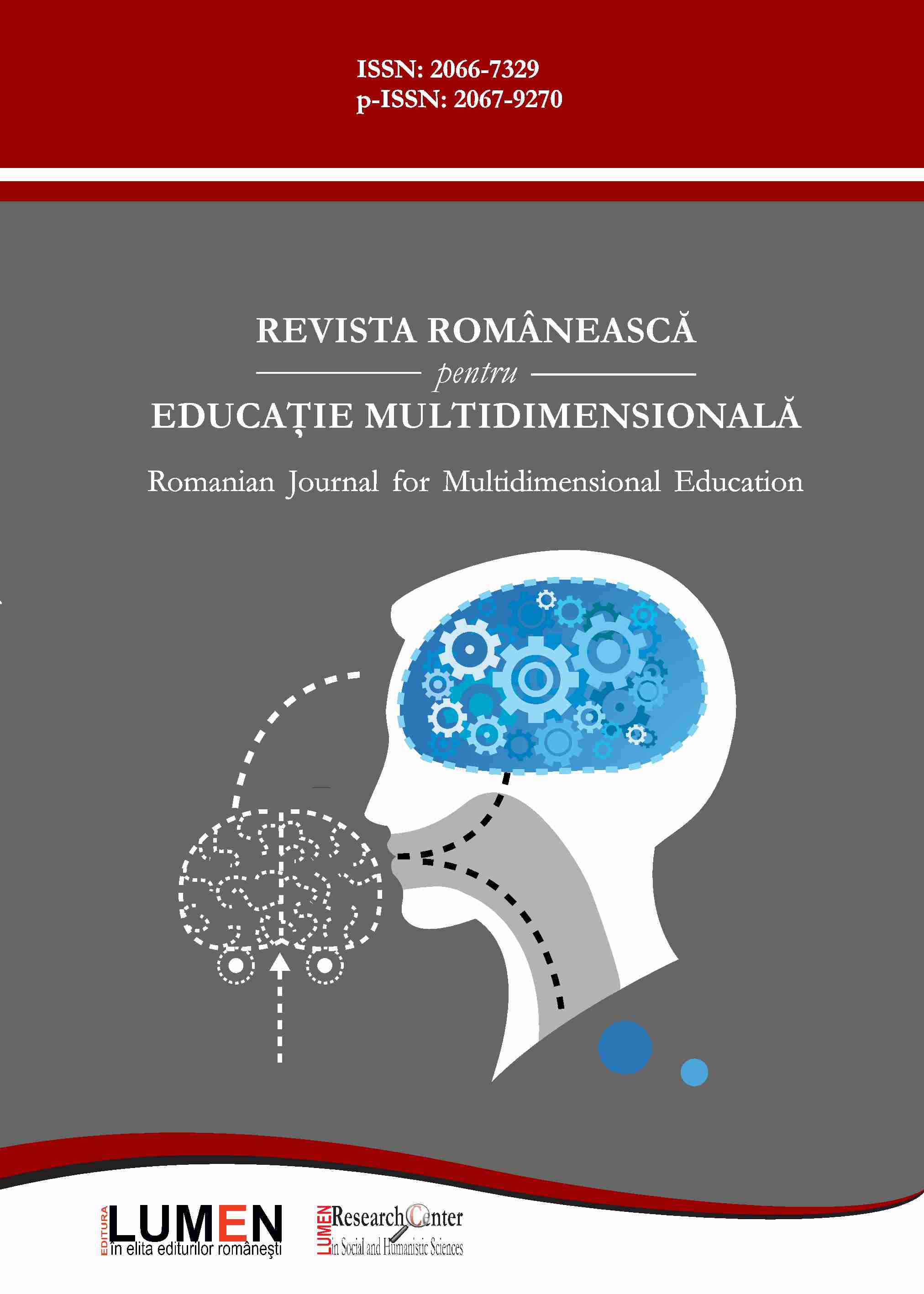Predictors of Academic Performance among At-Risk Romanian Youth
Predictors of Academic Performance among At-Risk Romanian Youth
Author(s): Ramona Elena AnghelSubject(s): Social Sciences
Published by: Editura Lumen, Asociatia Lumen
Keywords: Coping mechanisms; Academic resilience; Risk factors; Academic achievement; Counselling.
Summary/Abstract: Problem Statement: Many Romanian adolescents experience life situations that they find difficult to cope with. Prior research has suggested that the youth who obtained academic results despite being exposed to risk factors were academically resilient. In this context, understanding the factors that predict academic achievement is very important in the process of counselling and improving at-risk students’ performance. Purpose of the Study: The main objective of this study is to investigate personal and family factors that predict academic performance for at-risk youth, as well as to investigate coping mechanisms associated with academic resilience. Methods: Data was collected from a final representative sample of 329 ninth through twelfth grade urban Romanian adolescents (mean age = 16.1 years, 62.6% females and 37.4% males). The variables measured were: the personality factors openness and consciousness – previously associated with academic achievement; coping mechanisms; the stressful events experienced within the last two years; parents’ education and involvement in extracurricular activities. Results: The statistical analysis indicated that at-risk students have significantly lower academic performances, suggesting that the stress associated with the risk factors influences their achievement. A linear regression analysis identified that the academic performance of at-risk adolescents is largely predicted by family factors – the mother’s education, and personal factors – sex, age and two coping mechanisms with a negative association: deletion of concurrent activities and negativism. Contrary to expectation, the majority of the assessed personality characteristics or coping mechanisms did not influence academic achievement. Conclusions: These findings have implications for understanding how academic success can be promoted in at-risk adolescents. Educational counselling suggestions are discussed.
Journal: Revista Românească pentru Educaţie Multidimensională
- Issue Year: VII/2015
- Issue No: 1
- Page Range: 181-192
- Page Count: 12

